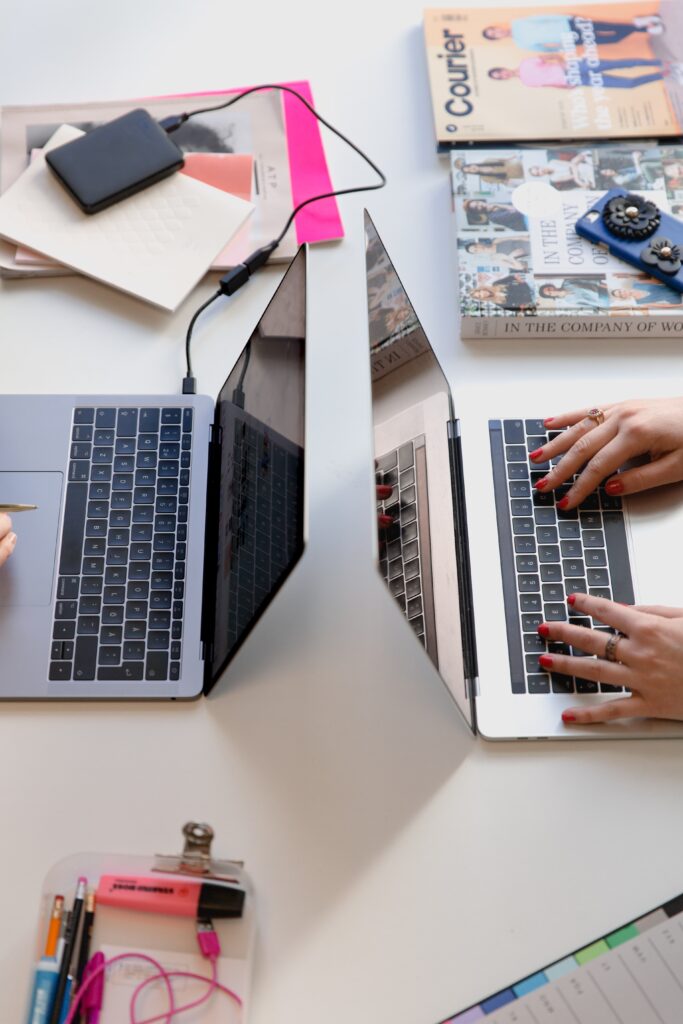 Andy Taylor, one of our Volunteer Digital Champions, has over 35 years of experience in information security. In his latest blog post, he provides practical and easy-to-follow advice on how to stay safe online.
Andy Taylor, one of our Volunteer Digital Champions, has over 35 years of experience in information security. In his latest blog post, he provides practical and easy-to-follow advice on how to stay safe online.
In my previous blog, I looked at passwords and how to select and use a strong one to avoid personal information being lost to criminals, not to mention other unwanted hassles. This time I talk about backups which is another of the five key things the National Cyber Security Centre (NCSC) says we should all be doing.
 I am sure we have all been told to keep a second copy or backup of anything that is really important. Indeed proficient organisations have always kept up to three copies often called grandfather, father and son! What is backed up could be a document or other files, such as precious photographs, which, if lost, would cause great sadness at least, and sometimes huge security issues. In the past, we used special drives and mechanisms to take backups and some of us still use, for example, an external hard drive for that purpose. If you are one of those people, make sure the external drive is disconnected from the computer when you are not actively backing up your files. But why take backups? What disasters can occur that make a backup of your files essential?
I am sure we have all been told to keep a second copy or backup of anything that is really important. Indeed proficient organisations have always kept up to three copies often called grandfather, father and son! What is backed up could be a document or other files, such as precious photographs, which, if lost, would cause great sadness at least, and sometimes huge security issues. In the past, we used special drives and mechanisms to take backups and some of us still use, for example, an external hard drive for that purpose. If you are one of those people, make sure the external drive is disconnected from the computer when you are not actively backing up your files. But why take backups? What disasters can occur that make a backup of your files essential?
Computers, and all digital devices, have become more and more reliable in recent years and so are far less likely to fail now than they ever were however that doesn’t mean they will never fail. If they do, losing access to the information they contain can be a real pain and can be a serious issue to solve. Having a backup stored somewhere else will alleviate the problem, meaning the loss is restricted to the information recently acquired or stored since the last backup rather than everything you value.
But there is also a more sinister reason. In recent years criminals have devised ways of locking up the electronic devices we rely on by encrypting the drives on which information is stored. It’s called ransomware. They then often demand large sums of money (usually in untraceable bitcoins) to release the drives and to give back access to the information (hopefully). You may recall some high-profile events like this including one that seriously affected the NHS in 2017. The Dutch shipping conglomerate Maersk also suffered a well-publicised attack the same year and it is believed to have cost the company in excess of $300 million and several years to sort it out. The solution is to have backups of all critical information stored somewhere other than on the main operational system. Ransomware attacks are not limited to big organisations – they can and do affect individuals as well.
So as an individual what should we do? The solutions today are much easier than they used to be with, for example, the main providers of tools giving us a free service. Some options are from Microsoft with OneDrive, Google Docs, Dropbox and Apple’s iStore, all of which provide us with a limited free space to store our important information and this can be used quite securely. You can of course pay for more storage capacity should you feel the need. This means the information is stored securely by the company and is quickly and easily available from any device – provided you know the login details including the password! Using an external drive is also a good idea if you are particularly concerned about some critical information or don’t trust the companies, but note the warning above. A ransomware attack will affect all drives connected to the device so keeping the backup-drive separate is essential.
All the comments above relate to any digital device including smartphones, tablets and laptops as well as desktop PCs. Remember to think carefully about what information you really do not want to lose – that might include contact lists, addresses, login details, information about claims or other information with a potential legal implication. In my opinion, it is better to store more than less – better to have and not need than need and not have! Storage is now very cheap in relative terms and so taking advantage of free services is an excellent starting point. One last word: don’t bother to back up software or apps; they can always be downloaded and reinstalled from the internet should you have to start from scratch!
